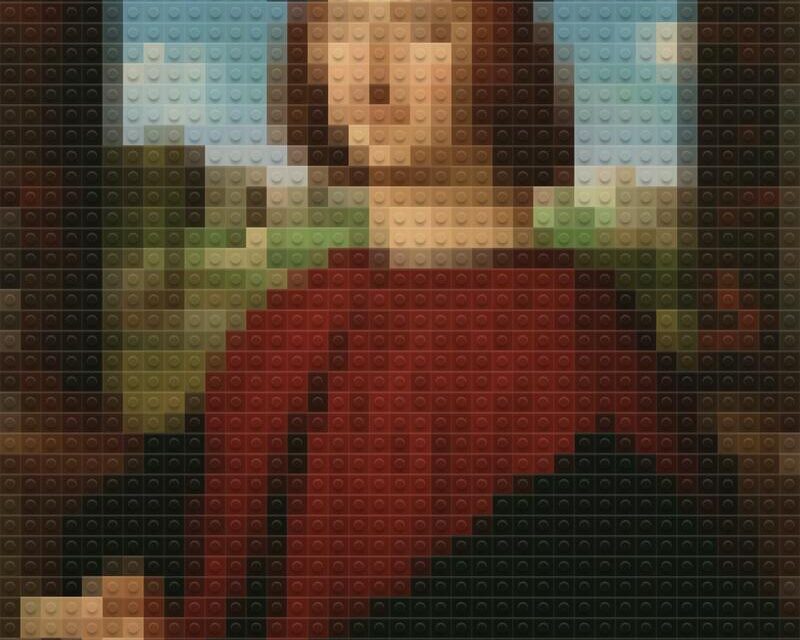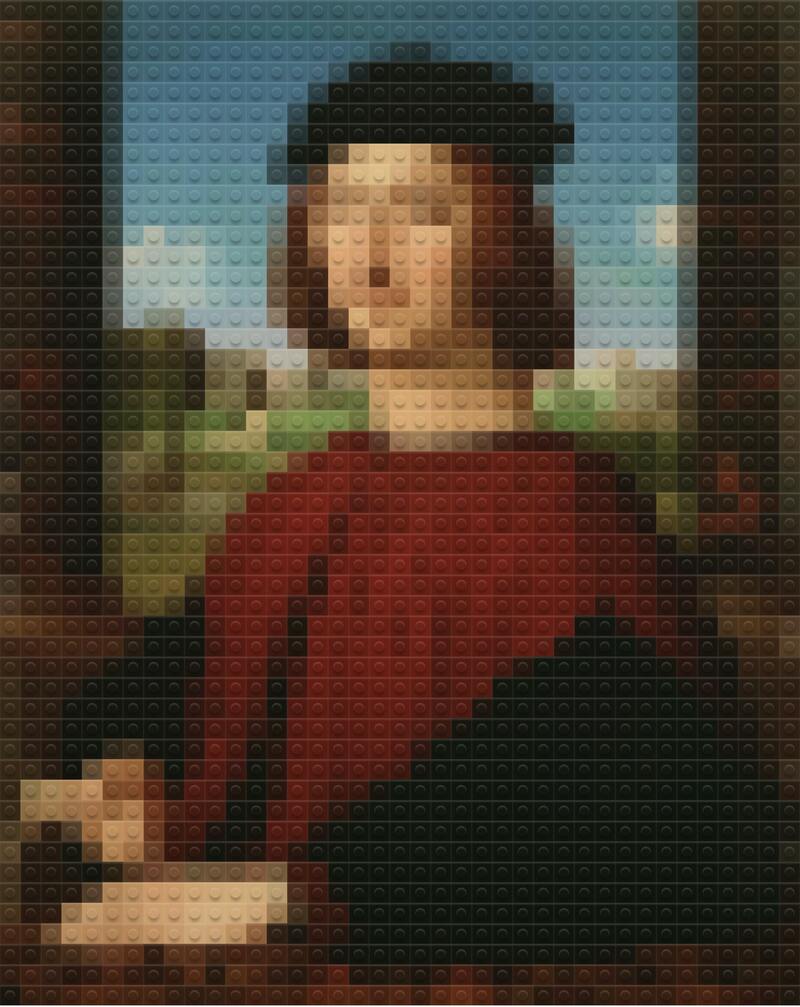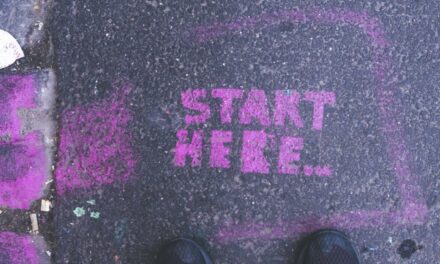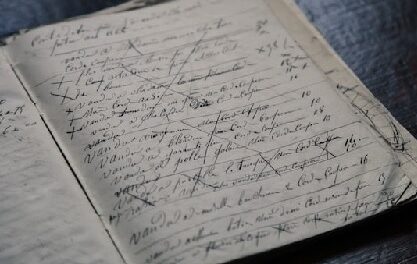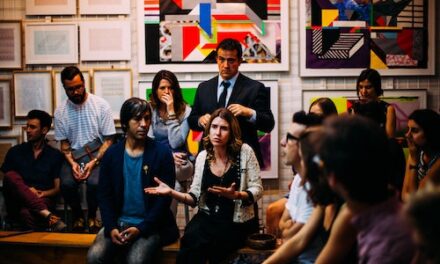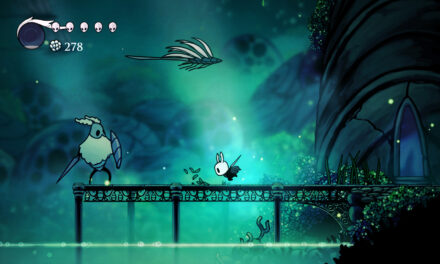Assistant Editor Connor Yeck: There’s nothing better than reading a poem that simply clicks, when it’s clear an author is in their element, is confident in the direction they’re taking readers. But what about the opposite? What can we gain from glimpsing poets hitting roadblocks, expressing a bit of doubt, and taking moments of pause to figure out their next steps? Many times, I find myself searching for those spots where self-reflection and hesitancy appear in poems, and wondering what these gestures can offer fellow writers.
Recently, I read Garret Hongo’s Coral Road (Knopf, 2013). A gorgeous exploration of family history, place, and the lives of Japanese immigrants in early-twentieth-century Hawaii, the collection reckons with a striking lack of “official” historical narratives and materials that a poet might usually call on in research. In an interview with Lantern Review, Hongo offered insight into the unique challenges of telling such a story, and where he looked for inspiration:
What I have of our time there are fragments of stories, songs my grandparents sang washing dishes, a meager handful of documents and a few phrases in Hawaiian and Japanese, and the sparkle of the sea or on the tassels of sugar cane as I drive by whenever I take a survey of those old seaside lands along what is now Kamehameha Highway.
Faced with this reality, Coral Road is filled with moments of vulnerability as Hongo questions himself, the act of writing, and the monumental task of accomplishing the project at hand. For instance, this passage found in “A Map of Kahuku in Oregon”:
Who am I to come after such people who cut cane
Along the narrow plantation acreages along the North Shore?
I’ve been told so many bits and piece of story,
They don’t add up…
As well as in the collection’s titular piece:
There is little to tell and few enough to tell it to—
Who else would even listen?Where is the Virgil who might lead me through the shallow underworld of this history?
In moments like these, I always gain a deeper sense of the goals a poet has set for themselves, and the messy, often difficult path poetry takes in its search for answers, closure, and truth. By weaving this perspective throughout the collection—a critical and questioning voice—Hongo crafts an experience that’s both exploratory and instructive. Rather than write around the gaps, he lets readers see such empty spaces directly addressed, and transformed into opportunities for further reflection.
A similar approach can be found in Nicole Cooley’s The Afflicted Girls (LSU, 2004), which takes the Salem witch trials as its poetic focus. In attempting to unearth female voices long-buried by censorship and sensationalized history, Cooley brings us directly to the physical documents that deny sought-after clarity, as in the poem “Archival: Error, Imprint, Tear.” Here, a potential dead end becomes a vivid investigation of recordkeeping itself, and a demonstration of the poet’s constant struggle to gather meaning:
Words crossed-out sentences crosshatched like stitches
endpapers ripped name carefully erased…
I want to carry this world with me
but the story keeps dissolving in my hands and the book
is no open road to let me travel backThe book is a voice trying to speak
As someone whose writing often makes use of archival material, I find Cooley’s approach in The Afflicted Girls especially powerful, as it represents a poet finding new inroads into their subject matter when faced with a difficult discovery. Rather than outright missing sources, Cooley encounters a paper trail that’s present, yet obscured. These violent attempts at suppression become a crucial part of the narrative being told. Yes, there’s a true historical story to recover but also one that addresses the hurdles of the poet attempting to access such a story. In turn, we find that at what first seem to be obstacles—words crossed out, papers torn—are nearly as important as the language hidden beneath.
On a grander scale, there’s also a certain power in questioning the basic hopes for any collection. What is the purpose of my project, can this be accomplished, and am I the writer to do so? In One Big Self (Copper Canyon, 2007), poet C. D. Wright and photographer Deborah Luster offer intimate portraits and the accompanying voices of incarcerated people after their visits to Louisiana’s state prisons. As Wright notes in her introduction, the goal of the collection is documentarian:
Not to idealize, not to judge, not to exonerate, not to aestheticize immeasurable levels of pain. Not to demonize, not anathematize. What I wanted was to unequivocally lay out the real feel of hard time.
Among the fragmented conversations and striking images, I found myself returning to those moments where Wright mentions explicitly the purpose of the writing. Despite announcing an observer-only point of view, the book notes that it ultimately becomes impossible not to address possible shortcomings and personal hesitancies, as in “Dear Prisoner”:
I too love. Faces. Hands. The circumference
Of the oaks. I confess. To nothing
You could use. In a court of law…
It is not enough.
Poetry Time Space Death
I thought. I could write. An exculpatory note.
I cannot. Yes, it is bitter. Every bit of it, bitter.
Rather than make me question the goals of One Big Self and its effectiveness as a collection, this passage and others like it only deepen my understanding of poetic honesty. How many times do we set out with a mission in mind for a particular piece, only to realize it might not accomplish what we intended? Wright provides a glimpse into a balance that can be struck between perceived success and failure—the ways poems might excel in craft and ingenuity and, in the same breath, be places to wonder about what cannot be done by words alone.
In the work of Wright, Hongo, Cooley, and so many others, there’s much to learn about the value of examining difficulties encountered and doubts faced. Perhaps it’s acknowledging a missing irretrievable piece of your writing puzzle. Maybe it’s probing the complex conversation you’re joining, or questions about the meaning and direction of your work. Whatever the case, I find it exciting and even a bit freeing to see poets write themselves into moments where such feelings can be explored, unpacked, and given energy. In these moments, poems step away from tidiness, and we’re allowed a glimpse into the hopes, hesitancies, and creative choices at play behind the scenes.

